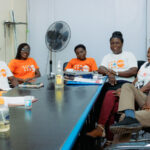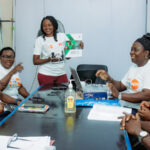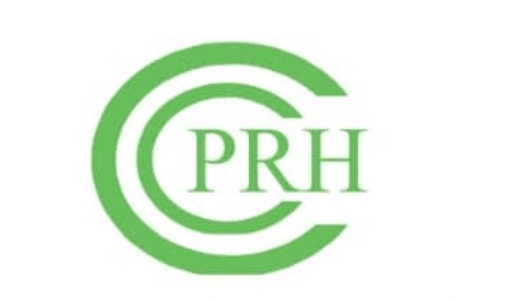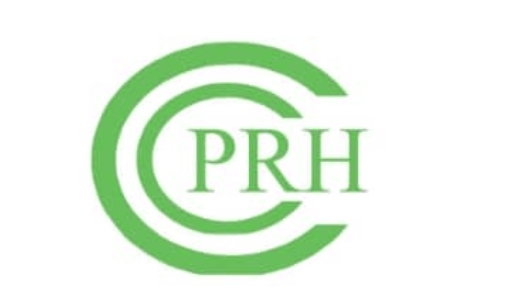USAID IHP Maternal and Newborn and Health (MNH) project
CCPRH implemented the MNH GUC of the USAID IHP RMNCH+NM intervention focus area (MNH, family planning/reproductive health, and child health/nutrition/malaria). CCPRH conducted on-site training and mentoring of health care workers (HCWs) on MNH in primary health care (PHC) facilities and private health facilities (PHF) using the low dose high frequency (LDHF) approach in Bauchi, Kebbi, and Sokoto States. The training of the HCWs using the LDHF approach was stratified into three training doses conducted in three batches: (1) Antenatal care (ANC) and safe birth, (2) Postpartum hemorrhage (PPH) and (3) Pre-eclampsia/eclampsia (PE/E) and helping baby breathe (HBB).
Project Goal and Objectives
The project focused on building the capacity of frontline healthcare workers at PHCs and PHFs to provide gender- sensitive, high quality maternal and newborn health services in Bauchi and Sokoto States. CCPRH achieved the following project objectives:
- Updated knowledge and standardized clinical skills of frontline HCWS in Antenatal care, childbirth, and essential newborn care; Prevention, identification, classification and management of post-partum hemorrhage (PPH); and Prevention, identification, classification and management of pre-eclampsia and eclampsia (PEE) Identification, classification and management of birthasphyxi
- Strengthened the capacity of the HCWs on correct and appropriate documentation of service delivery and commodity use data for improved services and decision making
- Mentored the HCWs in order to reinforce knowledge and skills.
This project was conducted in two phases:
Phase 1: USAID IHP GUC on MNH service provision in Bauchi, Kebbi, and Sokoto States: September 2020 – March, 2021.
During the phase 1 of the project, CCPRH successfully trained 156 trainers/supervisors, who in turn cascaded the training to 1889 HCWs from 483 health facilities, across –37 LGAs in the three project States.
Phase 2 (Follow-on): USAID IHP GUC on MNH service provision in Bauchi, Kebbi, and Sokoto States: June – December 2021.
During the phase 2 of the project, CCPRH successfully trained 134 trainers/supervisors, who in turn cascaded the training to 1408 HCWs from 365 health facilities, across 51 LGAs in the three project States.
Through this intervention (phase 1 and follow-on) in the three States, CCPRH:
- Mapped and engaged community and LGA structures through advocacy visits for demand generation for MNH service provision.
- Built the capacity of 3297 HCWs from 848 PHCs and PHFs, across all the 64 LGAs through on-site training and mentoring, which resulted in a verifiable improvement in MNH knowledge and skills as well as documentation of service provision.
- Increased demand for MNH service provision and improved infection prevention and control in the supported facilities










